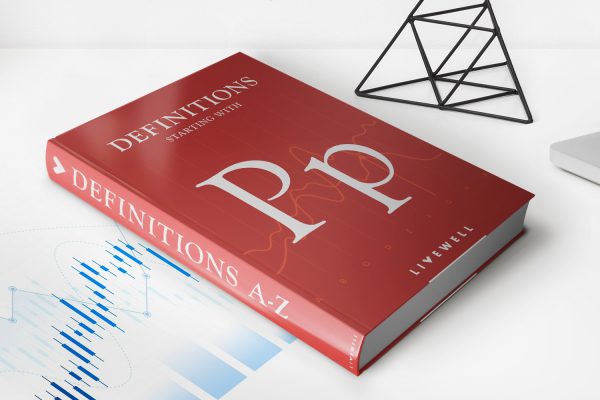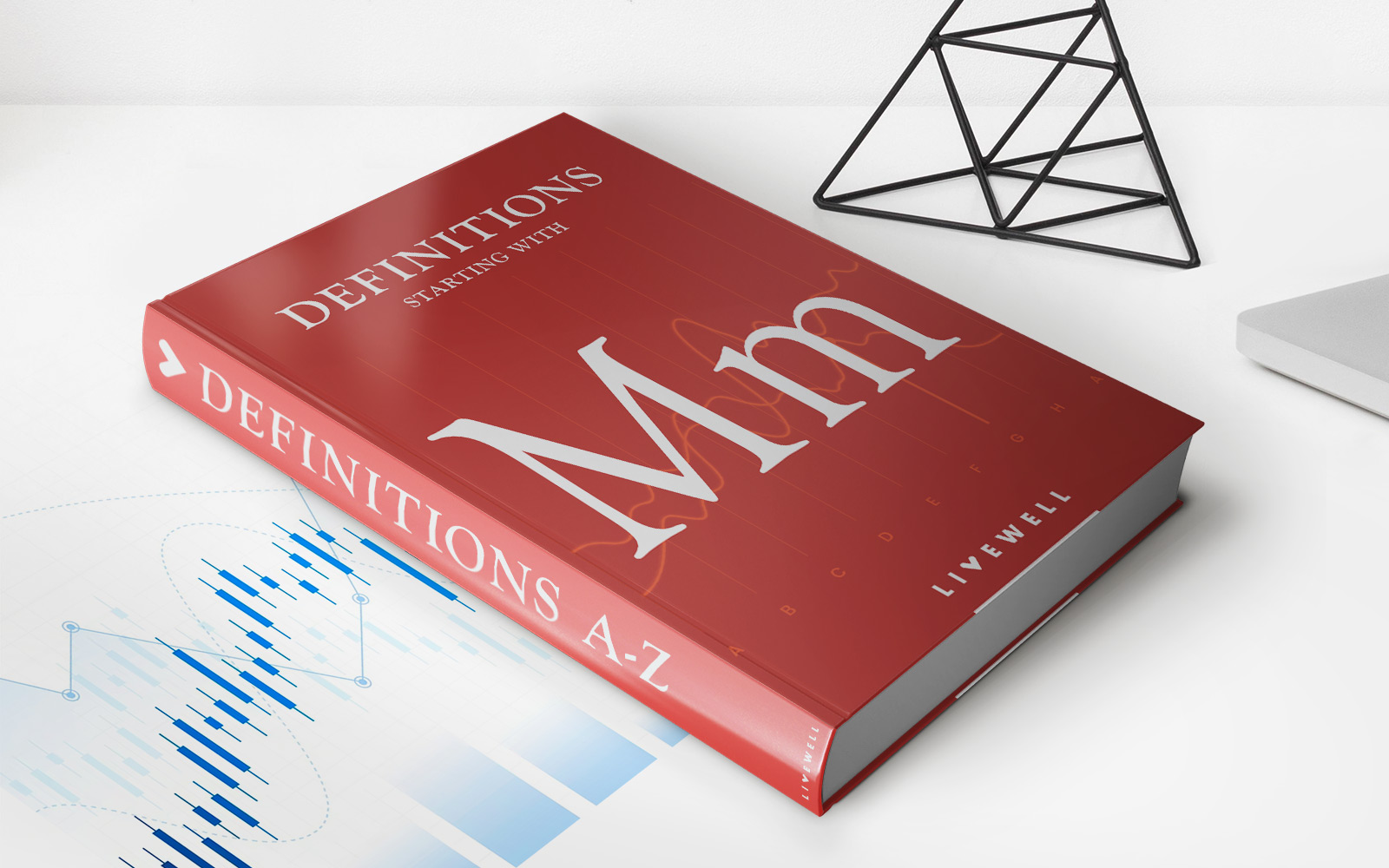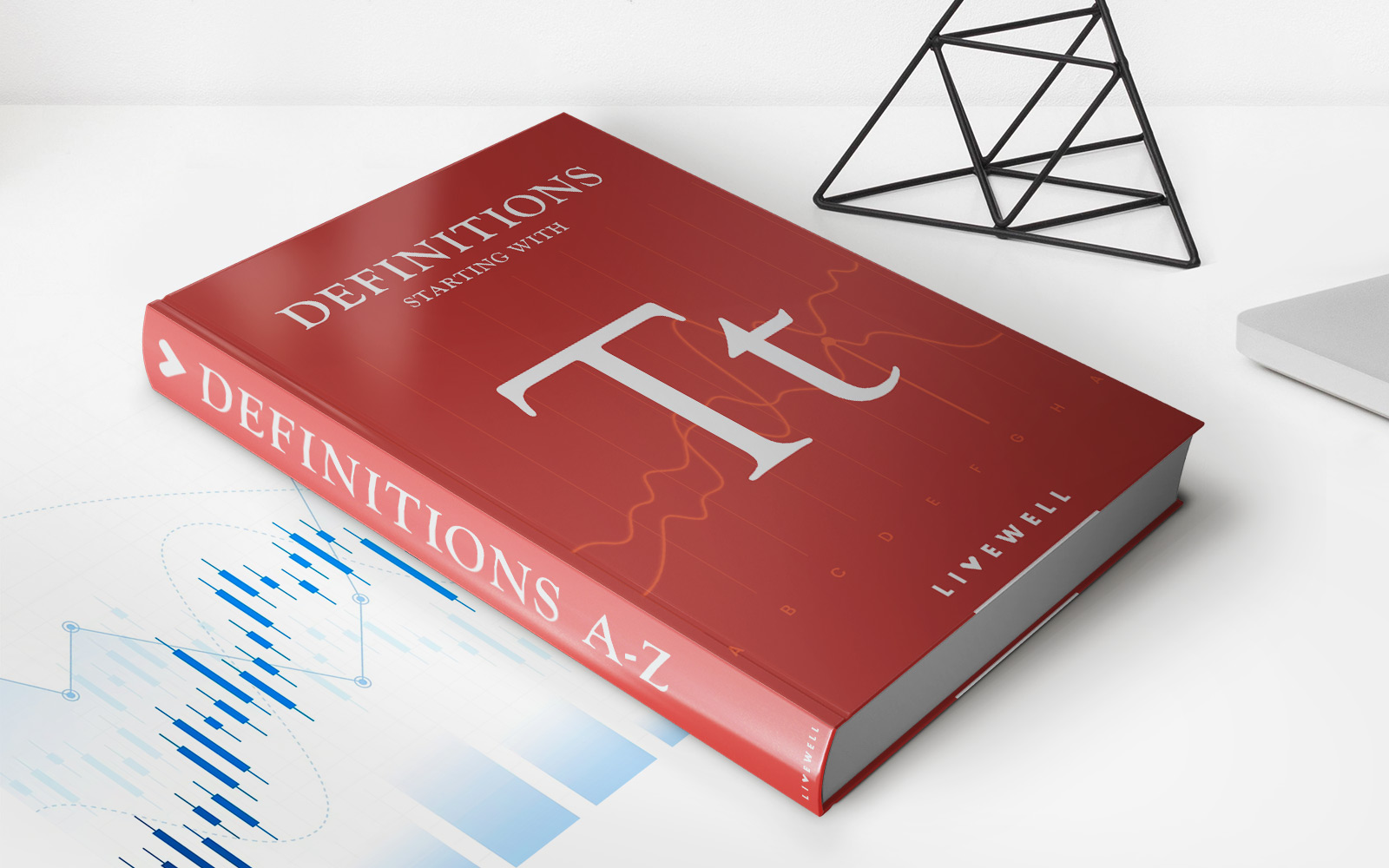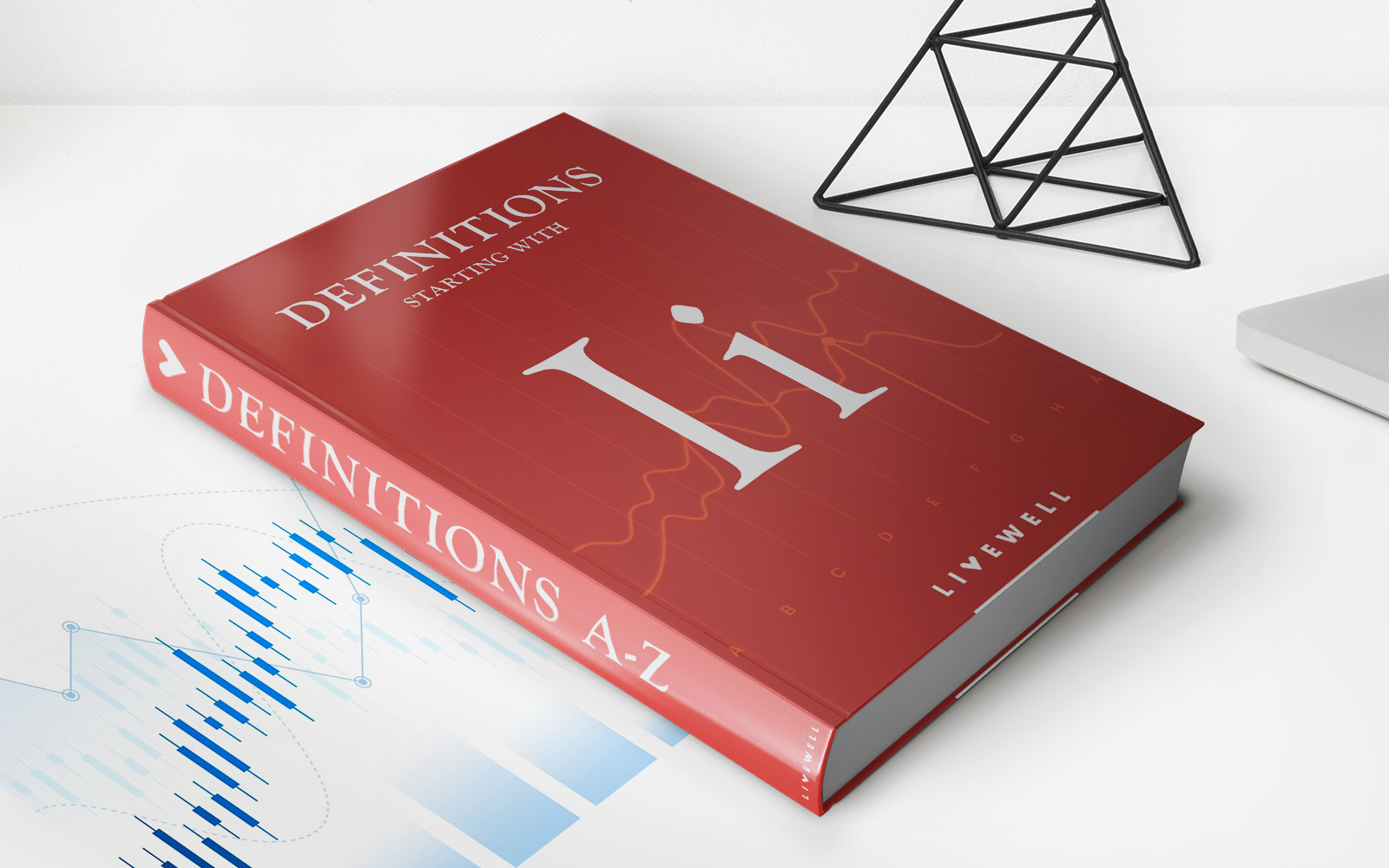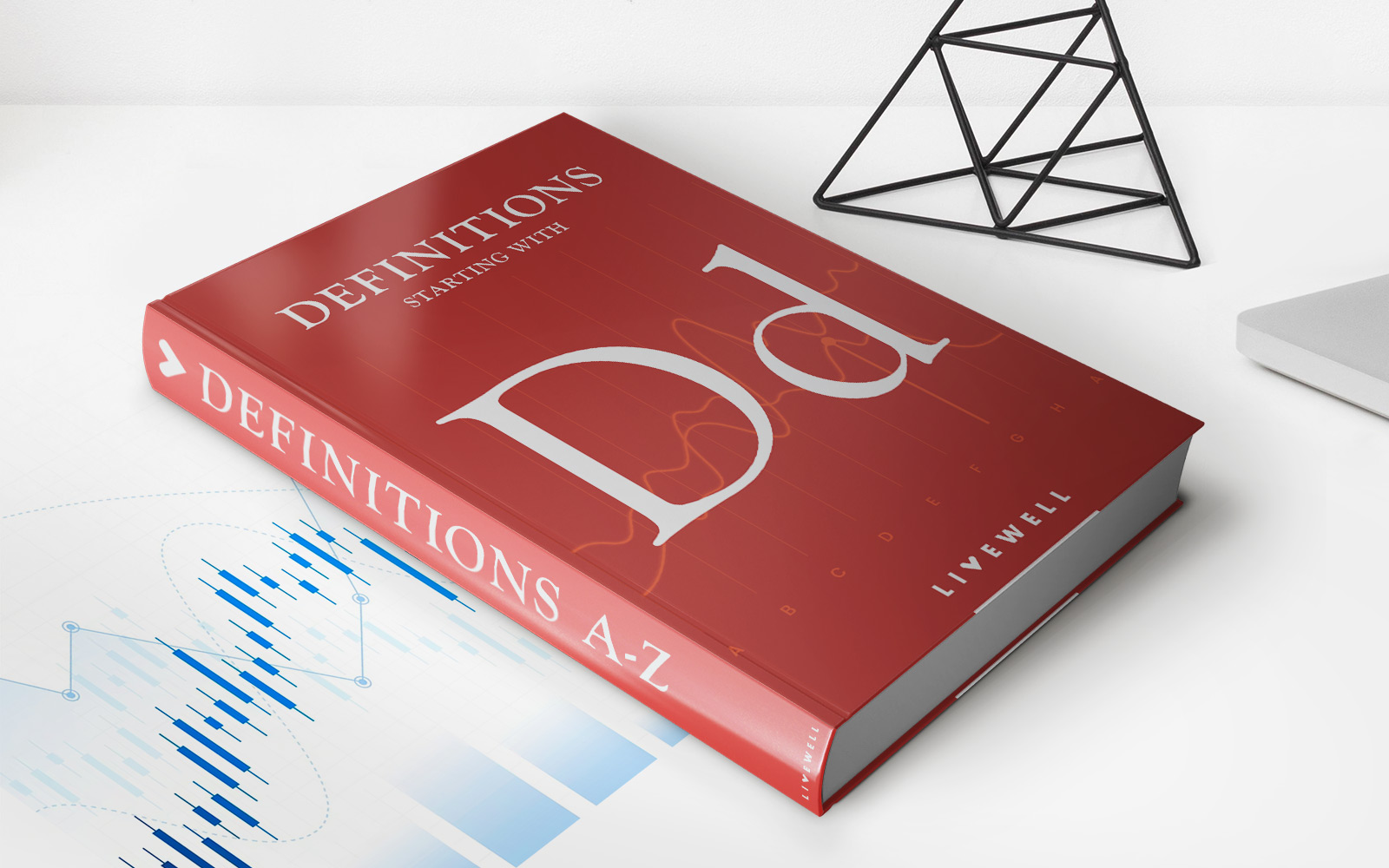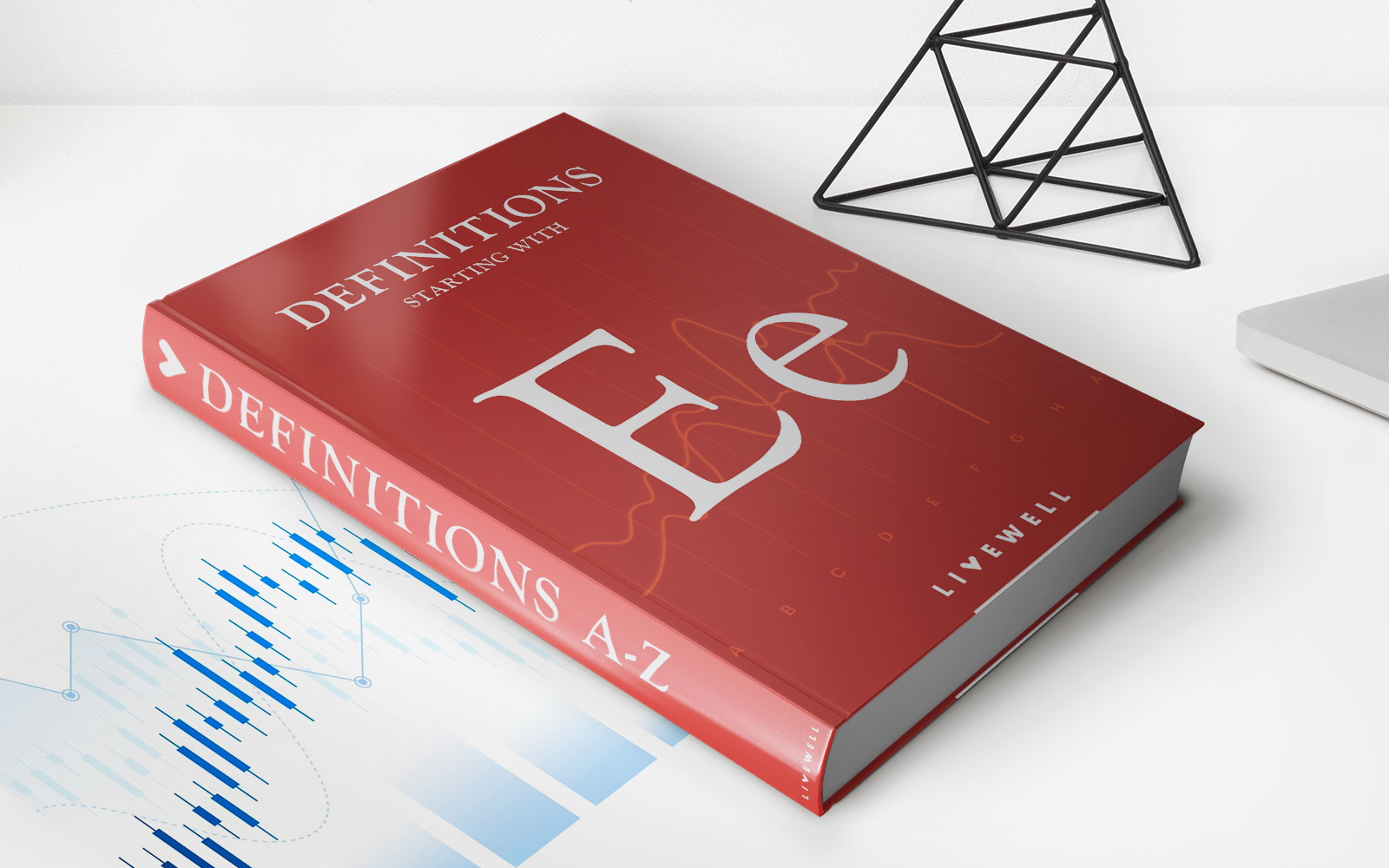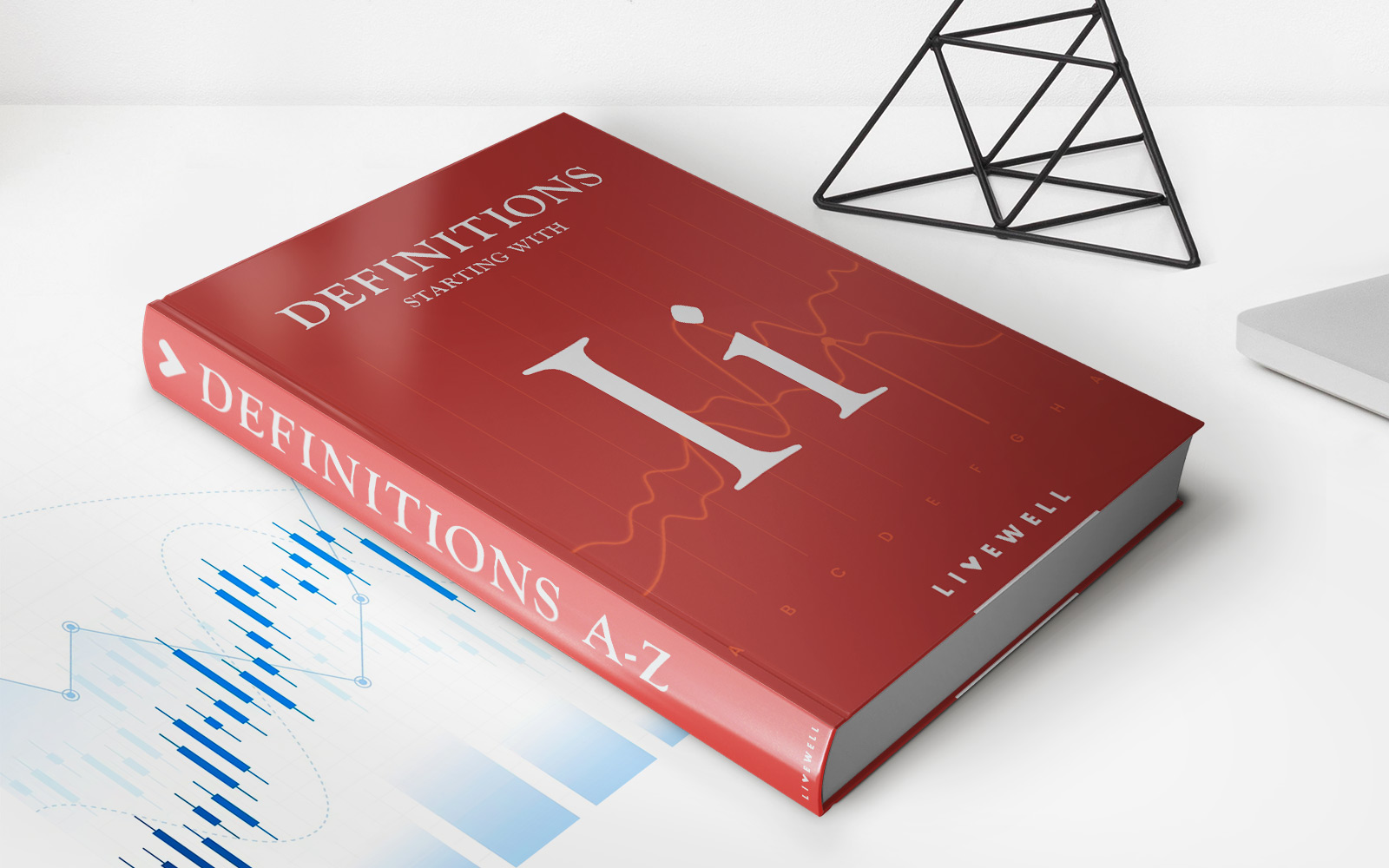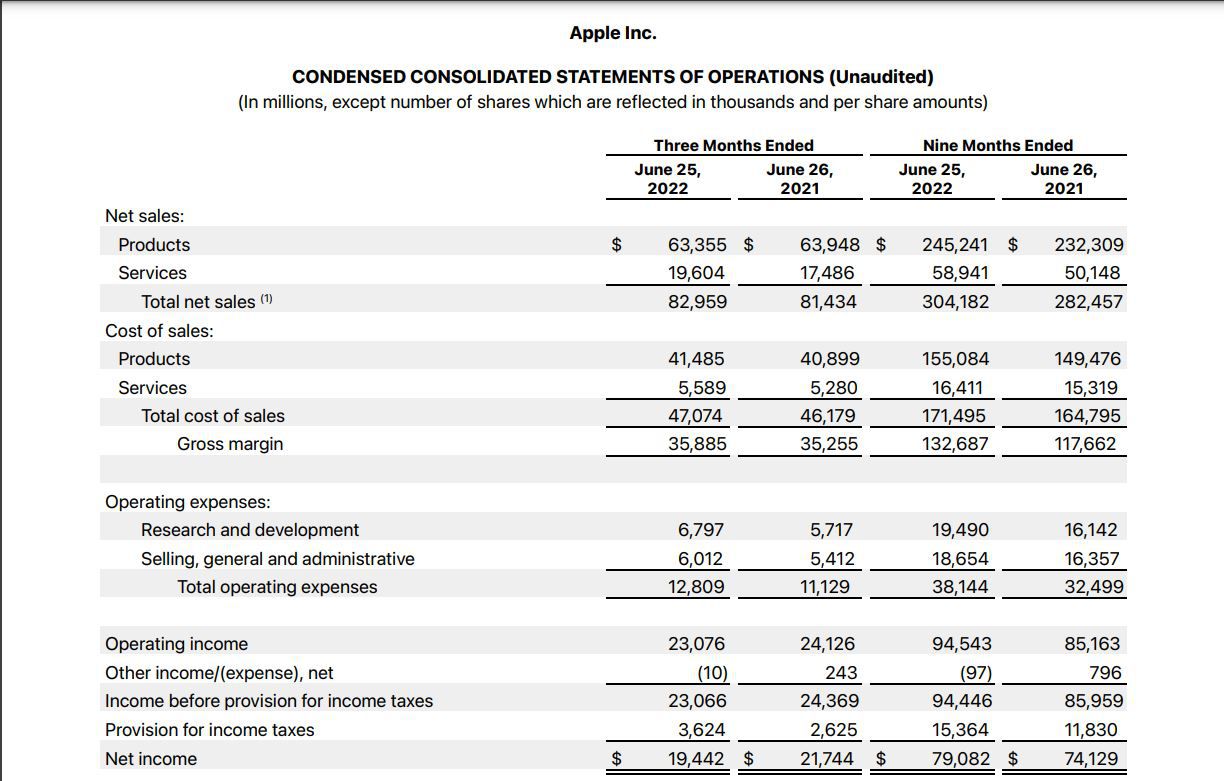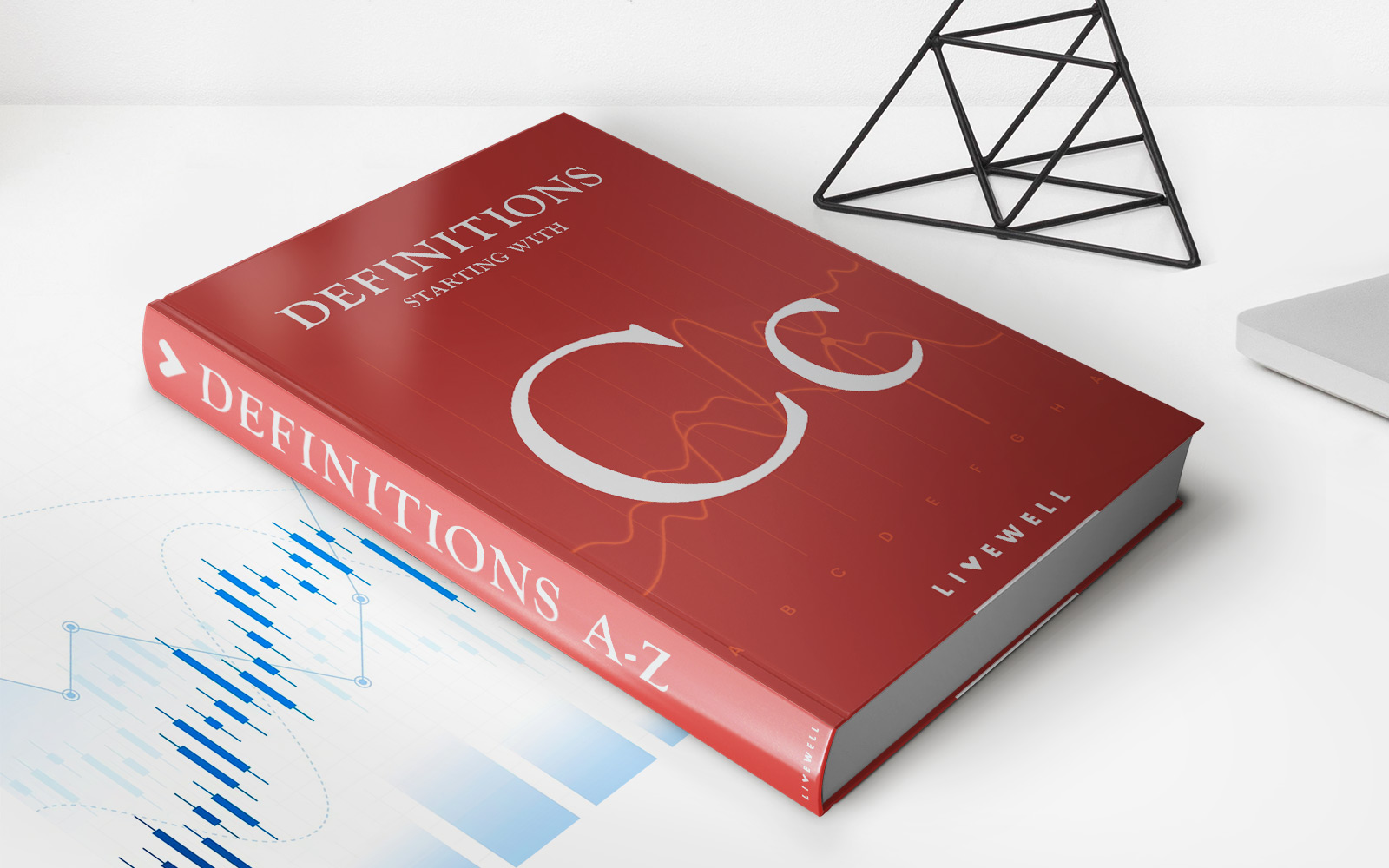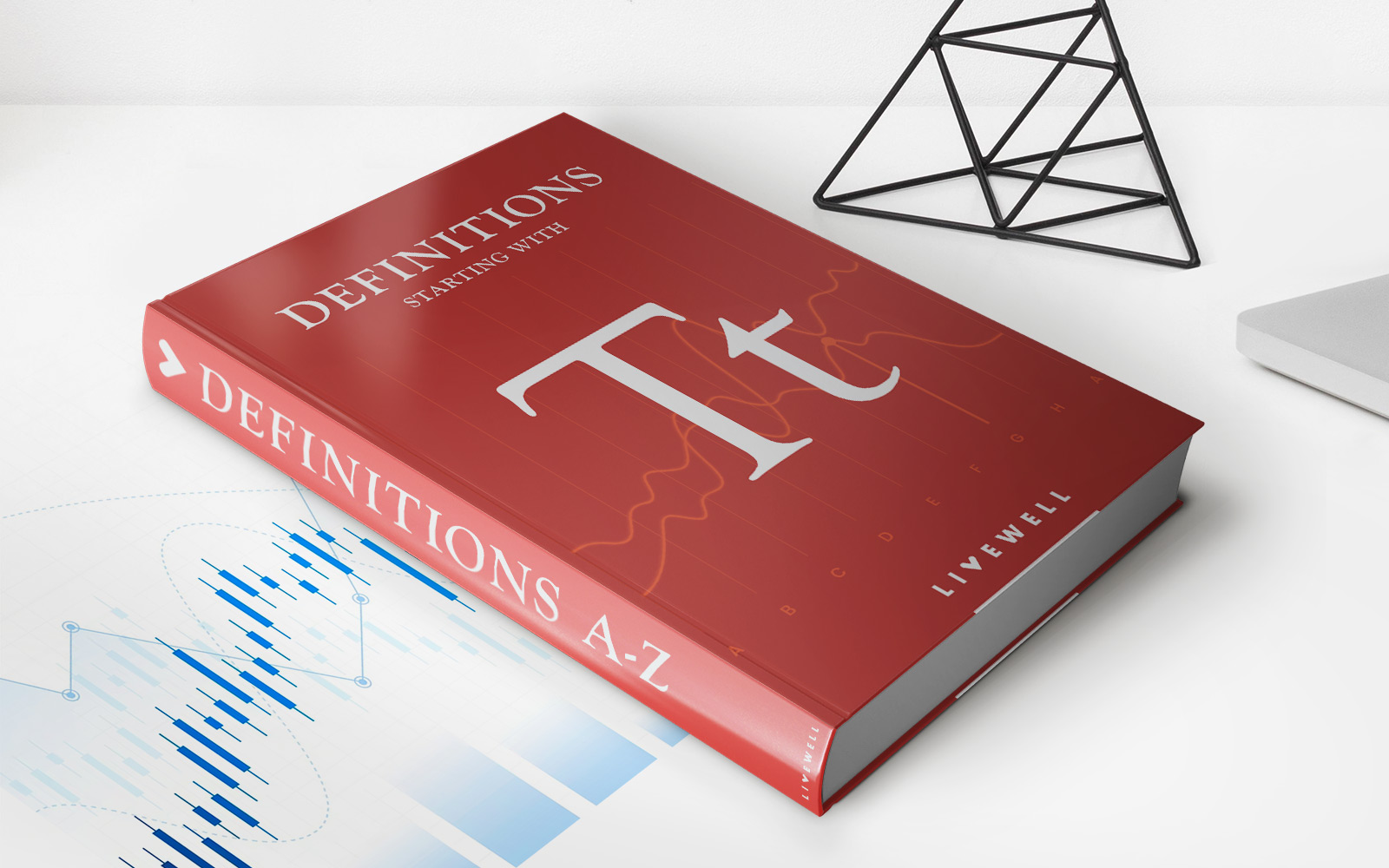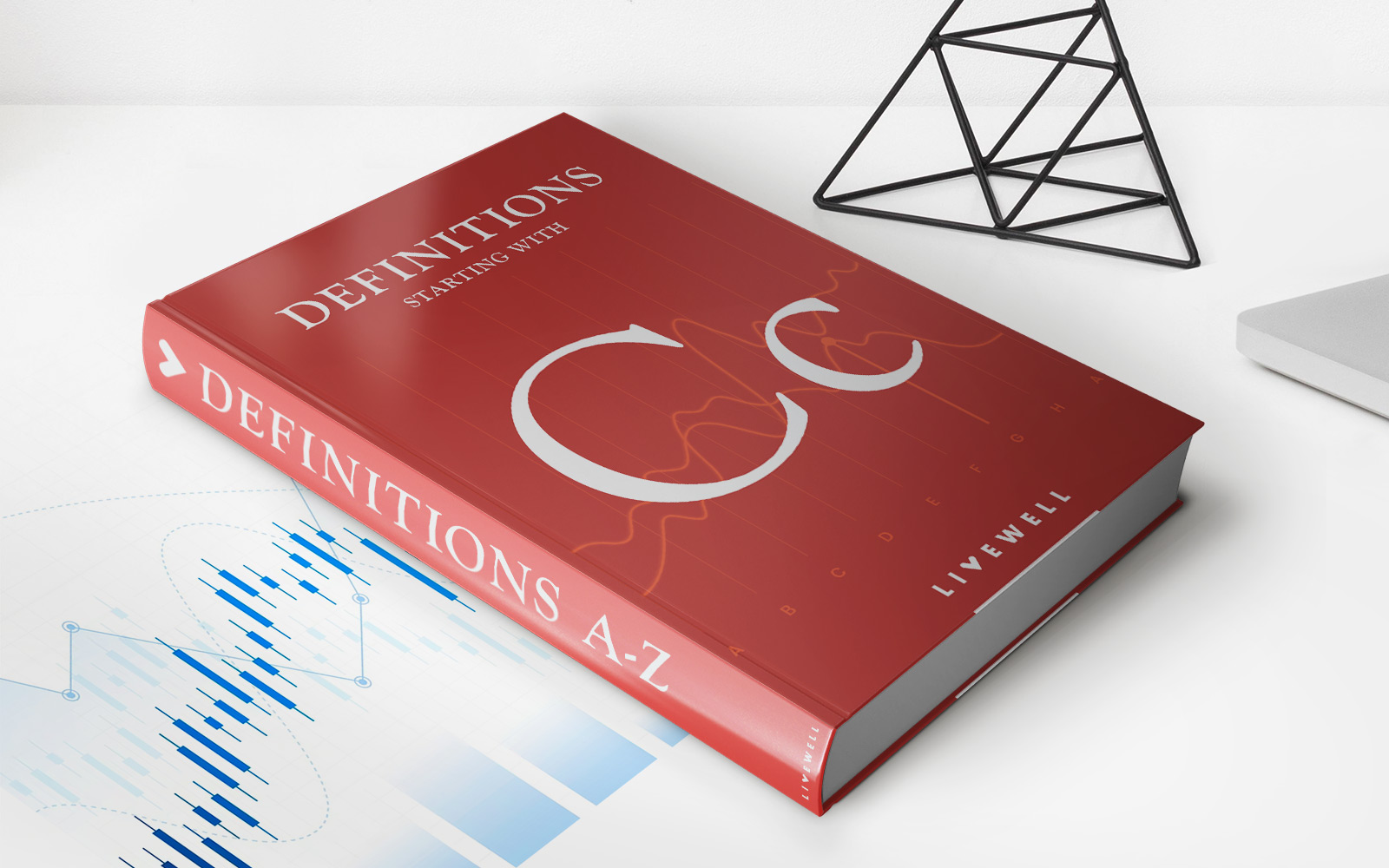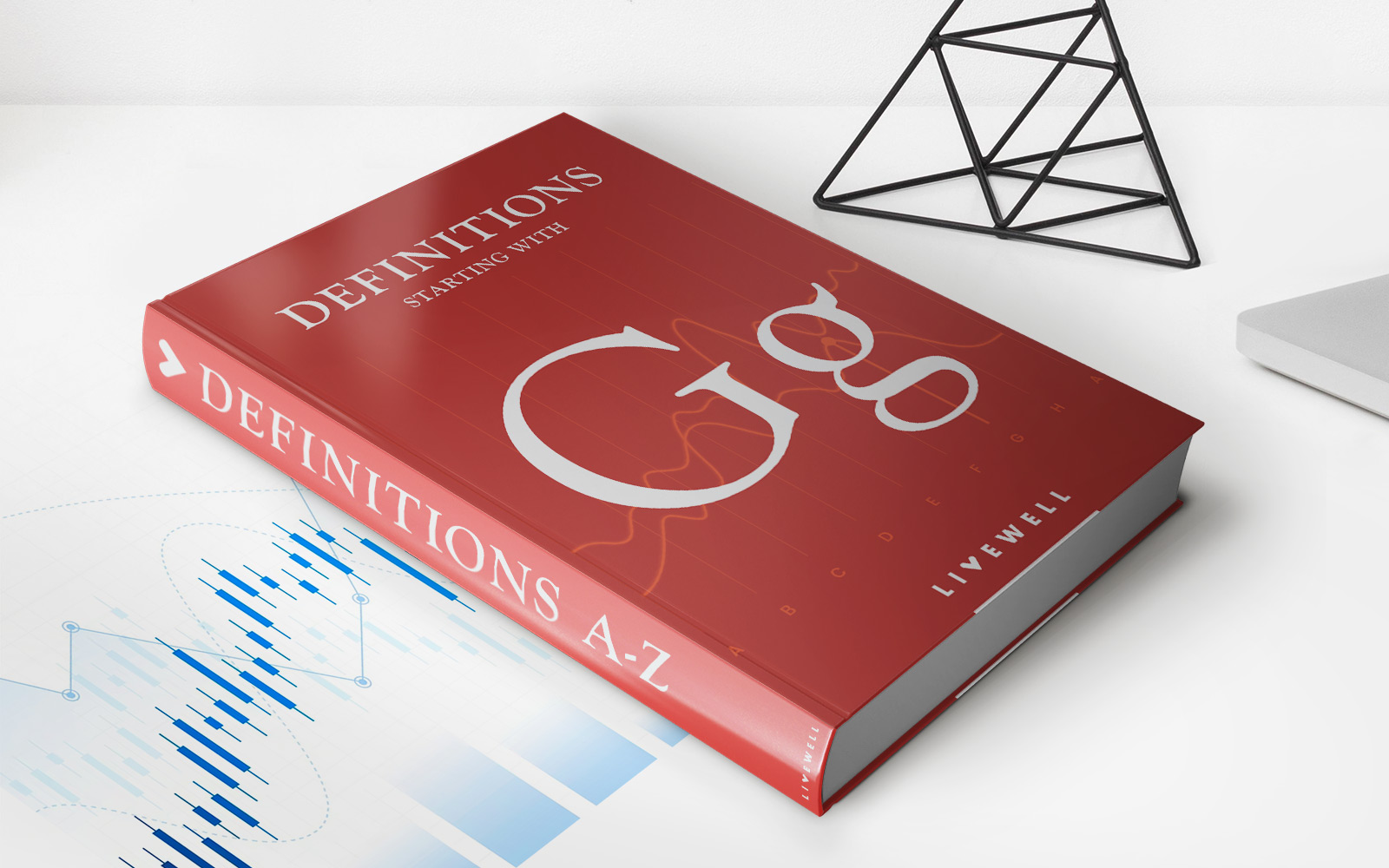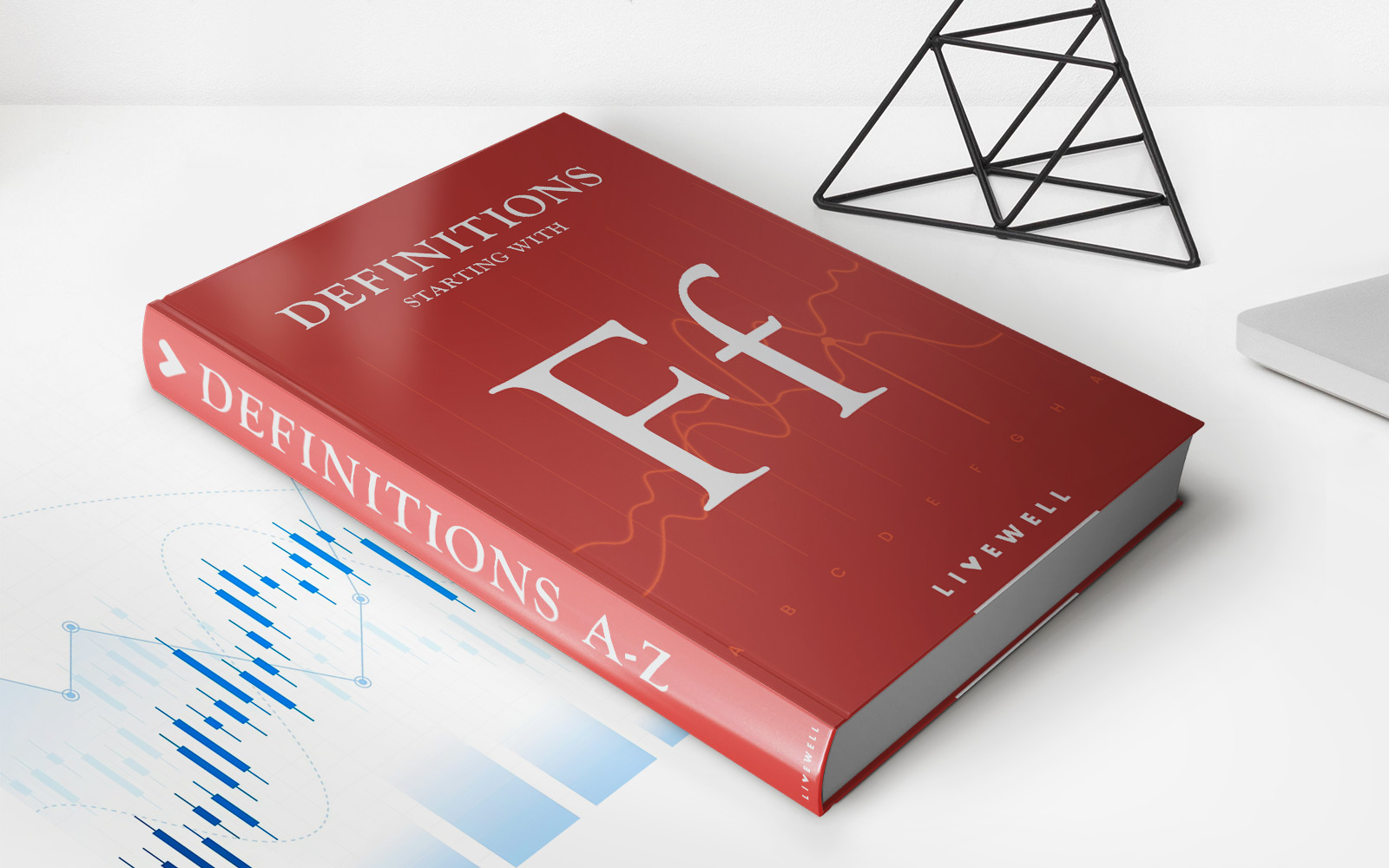Home>Finance>Incidental Expenses (IE): Definition, Types, Examples, And Taxes
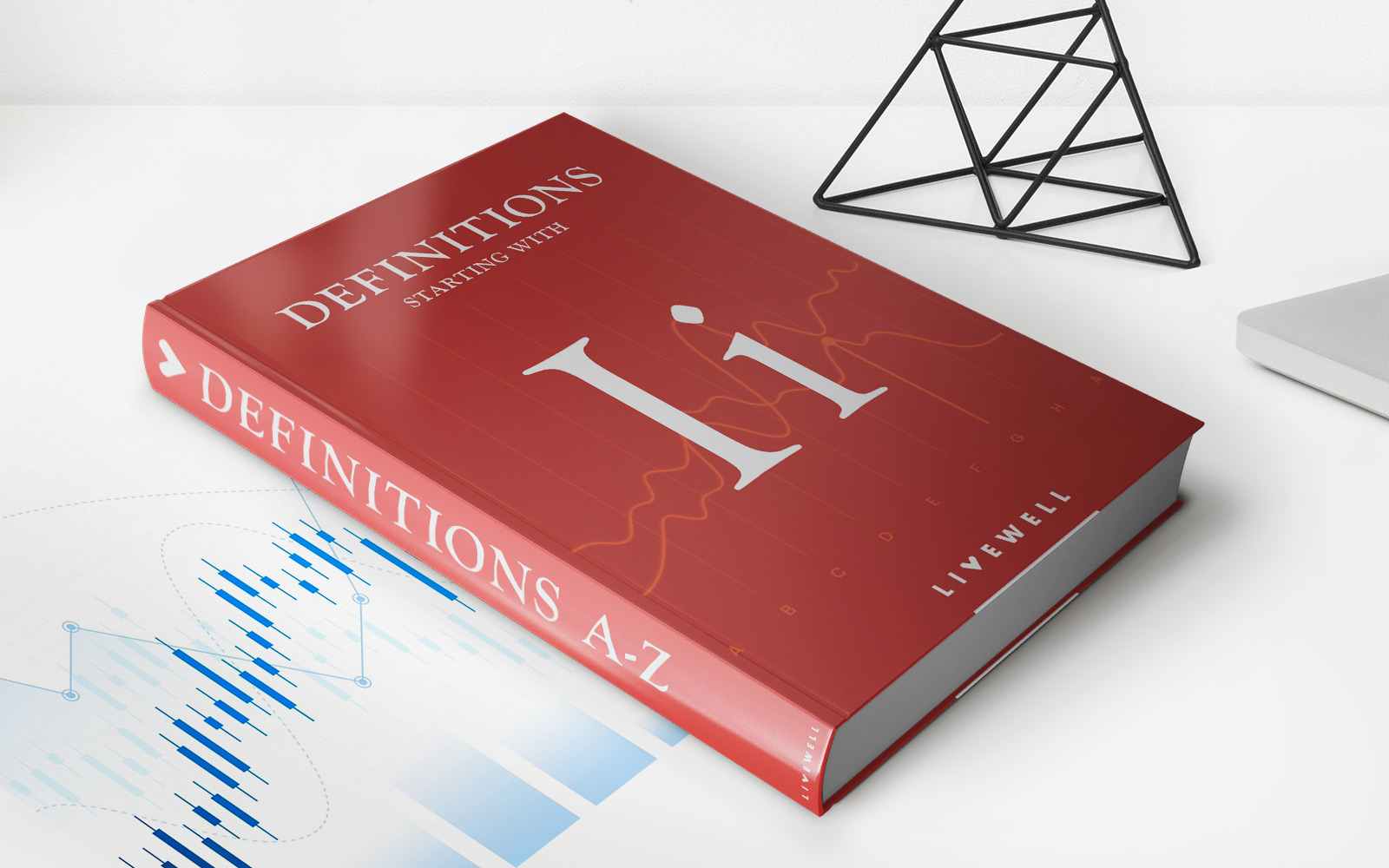

Finance
Incidental Expenses (IE): Definition, Types, Examples, And Taxes
Published: December 7, 2023
Learn about incidental expenses in finance, including their definition, types, examples, and tax implications. Gain insights into managing these expenses effectively to enhance your financial well-being.
(Many of the links in this article redirect to a specific reviewed product. Your purchase of these products through affiliate links helps to generate commission for LiveWell, at no extra cost. Learn more)
Incidental Expenses (IE): Definition, Types, Examples, and Taxes
When it comes to managing our finances, it’s important to have a clear understanding of all the different expenses we encounter. One category of expenses that often gets overlooked is incidental expenses (IE). In this blog post, we will explore what incidental expenses are, the different types of incidental expenses, provide examples, and delve into the tax implications associated with them.
Key Takeaways:
- Incidental expenses (IE) refer to those small, incidental costs that may arise during our day-to-day activities or while traveling.
- Common types of incidental expenses include gratuities, taxi fares, baggage handling fees, and laundry services.
What are Incidental Expenses?
Incidental expenses, often abbreviated as IE, are those unexpected or small incidental costs that are typically associated with our day-to-day activities or travel. These expenses are separate from major expenses like rent, utilities, or groceries, but they can add up over time and impact our financial well-being if not monitored closely.
Incidental expenses can vary widely depending on our lifestyle, location, or travel habits. For example, if you frequently dine out, you may incur incidental expenses such as gratuities or valet parking fees. On the other hand, if you often travel for work or leisure, you may encounter incidental expenses like baggage handling fees, taxi fares, or laundry services.
Types of Incidental Expenses
The types of incidental expenses we may encounter are diverse, and they largely depend on our personal circumstances. Nevertheless, here are some common types of incidental expenses:
- Gratuities: Tips given to service providers, such as waitstaff, hotel staff, or taxi drivers.
- Transportation: Costs associated with transportation, such as taxi fares, tolls, or parking fees.
- Baggage handling fees: Fees charged by airlines or hotels for handling your luggage.
- Laundry services: Charges for laundering clothes, often encountered while traveling.
- Telephone calls: Charges for making calls, either locally or internationally.
- Internet access: Fees for accessing the internet, particularly when traveling.
It’s important to keep in mind that these examples are not exhaustive, and incidental expenses may vary based on individual circumstances.
Incidental Expenses and Taxes
When it comes to taxes, incidental expenses can sometimes be deductible if they are incurred for business purposes. However, it’s essential to consult with a tax professional or refer to the tax regulations of your country to determine eligibility and specific deductions. What may be deductible for one person or business may not be the case for another.
It’s always a good practice to keep detailed records of your incidental expenses, including receipts and documentation, to support any potential deductions. This will ensure that you maximize your tax benefits while staying compliant with tax laws and regulations.
In Conclusion
Incidental expenses, though small in nature, can have a significant impact on our personal or business finances. Being aware of what constitutes incidental expenses and how they can affect our tax liabilities is crucial for effective financial management. By understanding the different types of incidental expenses and keeping track of them, we can make informed decisions and optimize our overall financial well-being.
Remember, small expenses can add up over time, so it’s important not to overlook the incidental expenses that often come with our daily lives or travel experiences. By staying organized and staying on top of these expenses, we can better manage our finances and make smarter financial choices along the way.
Do you have any questions about incidental expenses or their tax implications? Let us know in the comments below!
